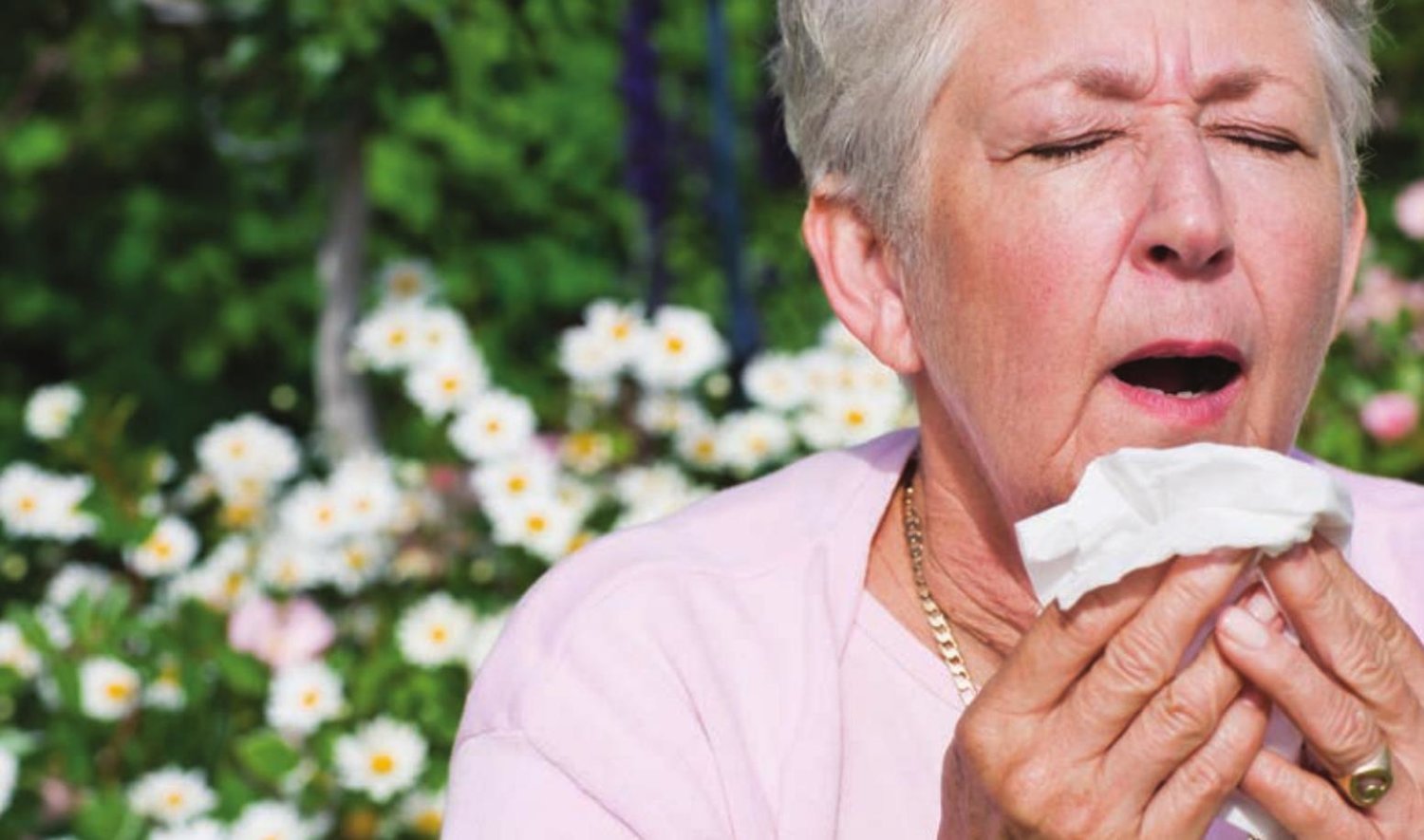Nip spring allergies in the bud
Spring means flower buds and blooming trees. If you’re 1 of the millions of people who have seasonal allergies, it also means sneezing, congestion, a runny nose and other bothersome symptoms.
…
This item is available in full to subscribers.
Subscribe to continue reading. Already a subscriber? Sign in
Get 50% of all subscriptions for a limited time. Subscribe today.
Please log in to continueNeed an account?
|
Nip spring allergies in the bud
Spring means flower buds and blooming trees.
If you’re 1 of the millions of people who have seasonal allergies, it also means sneezing, congestion, a runny nose and other bothersome symptoms.
Seasonal allergies – also called hay fever and allergic rhinitis – can make you miserable.
Before you settle for plastic flowers and artificial turf, try these simple strategies to keep seasonal allergies under control.
Reduce your exposure to allergy triggers:
• Stay indoors on dry, windy days. The best time to go outside is after a good rain, which helps clear pollen from the air.
• Delegate lawn mowing, weed pulling and other gardening chores that stir up allergens.
• Remove clothes you’ve worn outside and shower to rinse pollen from your skin and hair.
• Don’t hang laundry outside — pollen can stick to sheets and towels.
• Wear a pollen mask if you do outside chores.
• Close doors and windows at night or any other time when pollen counts are high.
• Avoid outdoor activity in the early morning when pollen counts are highest.
• Keep indoor air clean.
To relieve symptoms:
• Oral antihistamines. Antihistamines can help relieve sneezing, itching, a runny nose and watery eyes. Examples of oral antihistamines include loratadine (Claritin, Alavert), cetirizine (Zyrtec Allergy) and fexofenadine (Allegra Allergy).
• Decongestants. Oral decongestants such as pseudoephedrine (Sudafed, Afrinol, others) can provide temporary relief from nasal stuffiness. Decongestants also come in nasal sprays, such as oxymetazoline (Afrin) and phenylephrine (Neo-Synephrine). Only use nasal decongestants for a few days in a row. Longerterm use of decongestant nasal sprays can actually worsen symptoms (rebound congestion).
• Nasal spray. Cromolyn sodium nasal spray can ease allergy symptoms and doesn’t have serious side effects, though it’s most effective when you begin using it before your symptoms start.
• Combination medications. Some allergy medications combine an antihistamine with a decongestant. Examples include loratadinepseudoephedrine (Claritin-D) and fexofenadine-pseudoephedrine (Allegra-D).
• Rinse your sinuses. Rinsing your nasal passages with saline solution (nasal irrigation) is a quick, inexpensive and effective way to relieve nasal congestion. Rinsing directly flushes out mucus and allergens from your nose.
Check with your doctor before taking any medications and if home remedies don’t help your symptoms.
Other items that may interest you







Comments
No comments on this item Please log in to comment by clicking here